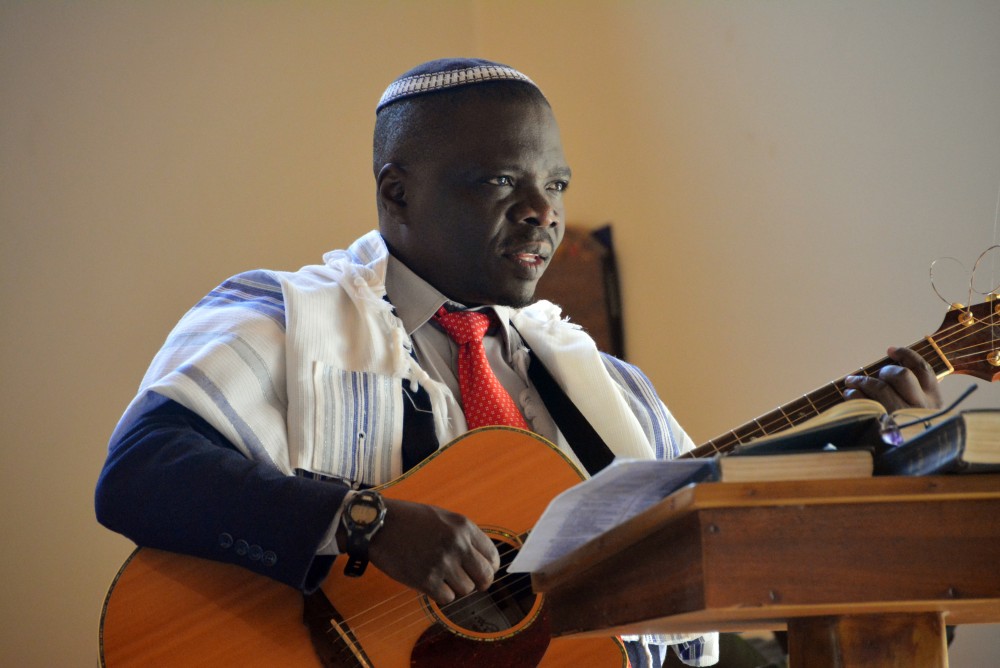Judaism’s deep roots and new offshoots in Africa
Practices drawn from the Hebrew Bible are not new to the continent. Seeking full conversion to rabbinic Judaism is.

Observers of Global South Christianity regularly note parallels between modern churches and the world of the early church. Now as then, some Christians are exploring the borderlands between their own faith and Judaism in ways that can be uncomfortable for both faiths.
The idea of an ancient Jewish presence in black Africa long fascinated Western colonial observers, who tended to credit King Solomon with any signs of advanced civilization that they discovered below the Sahara. More seriously, modern scholars have studied very Jewish-looking customs and rituals among African peoples. In one spectacular instance—that of the Lemba of South Africa—a powerful case can be made for a genetic linkage. The Ethiopian Orthodox famously retain many Jewish customs, including strong legends concerning Solomon and the Ark of the Covenant.
Quite apart from these archaic parallels, many African churches demonstrate Judaizing tendencies. The rapidly growing AICs (African Instituted Churches) have always been fascinated by the Old Testament world, all the more so when Old Testament precedents seem to justify contemporary practices. Many such churches practice circumcision and forbid the eating of pork. One West African AIC, the Musama Disco Christo Church, has its sacred temple, where only the high priest is permitted to enter the Holy of Holies on one day each year.





